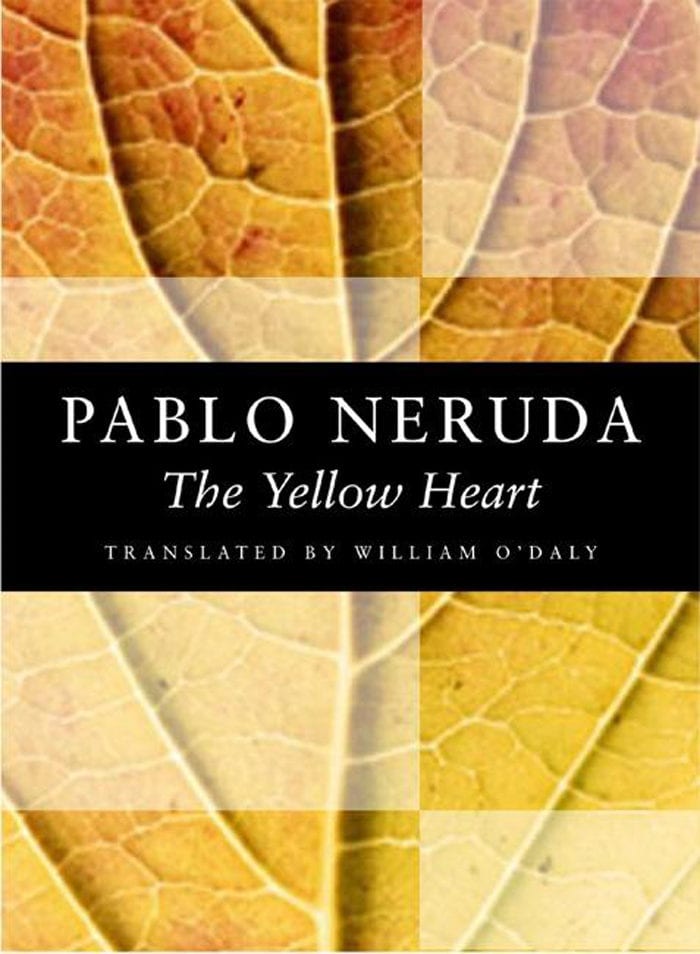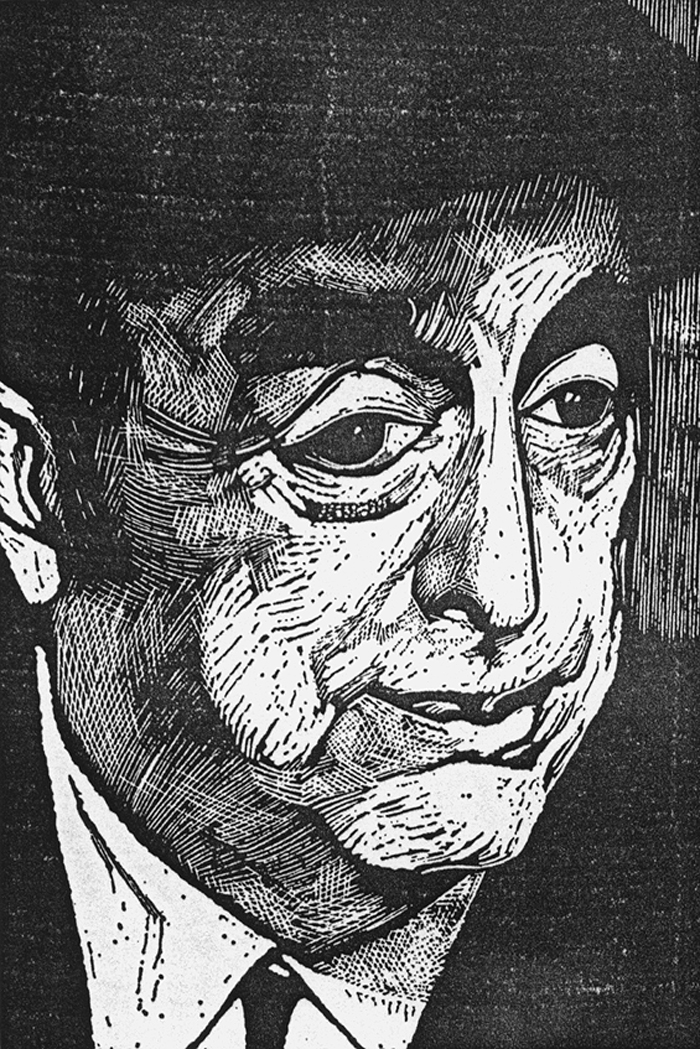
In the introduction to this bilingual volume, the translator reminds us: “Neruda spent the last forty years of his life making himself dangerous with his poetry… He came to see poetry as a moral act, with personal and communal responsibilities.” But here, Neruda is at his playful and irreverent best. Whether writing a celebration, allegory, lament or self-parody, the poet declares the strong sense of an improvisational spirit.
Pablo Neruda escribió las alegorías, las canciones de amor, y los lamentos en El corazón Amarillo mientras él se preparaba para su muerte. Los poemas en este libro acogen las reacciones múltiples, y muchas veces contradictorias, a la vida llena de las amenazas y los placeres cotidianos, la fama y la privacidad.
ISBN: 9781556591693
Format: Paperback
Reviews
“Confirms the mature poet as a surpassing craftsman with a marvelous range of voice and texture.” —Publishers Weekly
“In turns lyrical, then narrative, Neruda’s latest is a rich tapestry, varied in content and theme but steadfastly first rate… Filled with absurdity and play as well as fear, these [are] exquisite, lucid poems.” —Booklist
“William O’Daly’s introduction, ‘The Improvisational Spirit of Pablo Neruda,’ is an excellent discussion of Neruda’s later poetry, much of which was published after his death… O’Daly’s translations capture both the spirit and the feeling of the original and this volume is thus an extremely worthwhile addition to collections of contemporary poetry.” —Choice
“… the grandeur of Neruda’s poetry at its best… The poet comes through well in O’Daly’s translation. Essential.” —Library Journal
“William O’Daly and Copper Canyon Press are to be applauded for making available this excellent translation… The literary adventure the reader embarks upon here is unlike any other offered by Neruda.” —Calapooya Collage
“Copper Canyon’s crown achievement… has been the publication of William O’Daly’s translations of… Pablo Neruda’s later work. Most special to me of these is… The Yellow Heart which… presents Neruda in all his autumnal splendor.” —Writer’s Northwest

